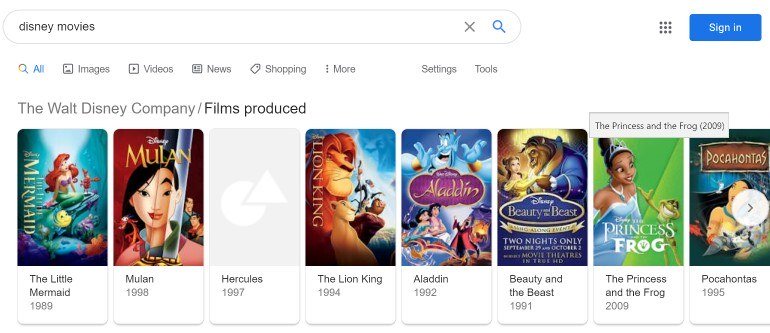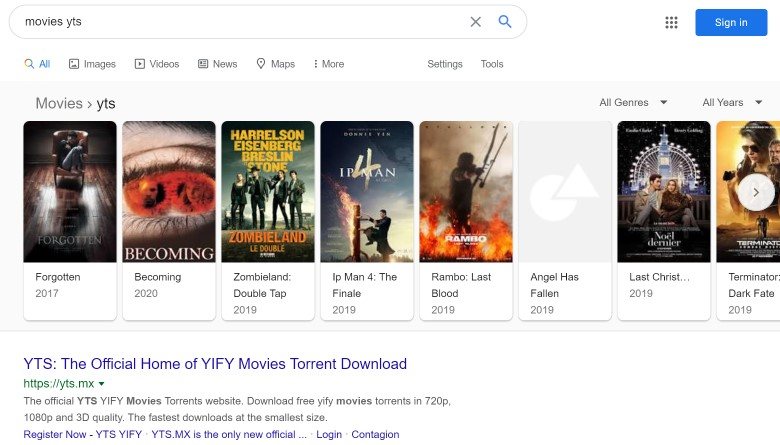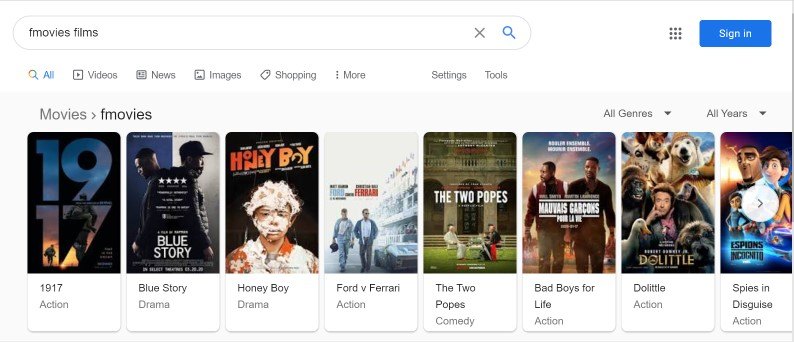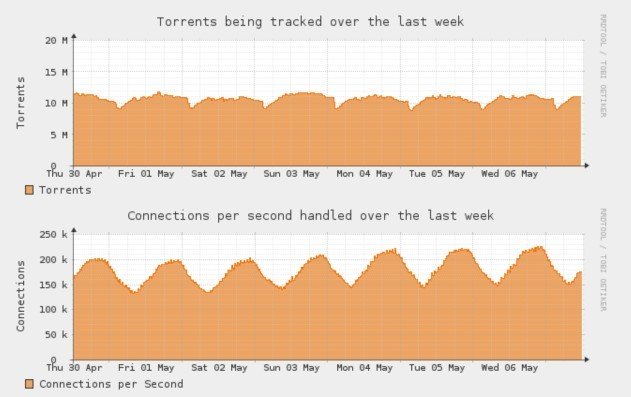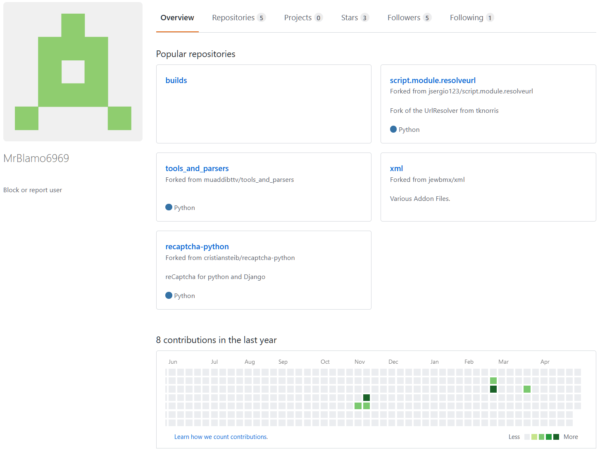Torrent Traffic Surpasses Netflix in Europe, Middle East and Africa
vendredi 8 mai 2020 à 22:12 The Covid-19 pandemic reshaped society in many ways. This is also noticeable in Internet traffic statistics.
The Covid-19 pandemic reshaped society in many ways. This is also noticeable in Internet traffic statistics.
Earlier research has shown that, following lockdown measures, torrent traffic spiked in many countries. However, it was unknown how this surge in usage compared to other traffic patterns.
Canadian broadband management company Sandvine aims to fill this gap.
For over a decade, Sandvine has published data on the relative market share of various services. 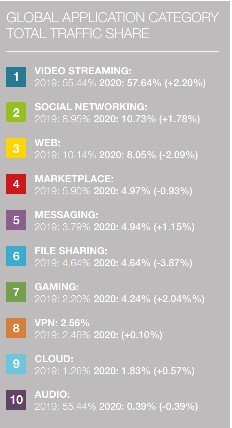 The most recent report reveals some dramatic changes that can largely be attributed to the coronavirus measures.
The most recent report reveals some dramatic changes that can largely be attributed to the coronavirus measures.
Globally, video streaming is dominating. YouTube nearly doubled its market share to 15.94%. At the same time, the traffic share of Netflix and BitTorrent went down to 11.42% and 5.23% respectively.
This is relative, so it doesn’t mean that there is less traffic generated by these latter two categories. Absolute traffic has increased across the board, up almost 40% compared to the start of the year, but YouTube simply grew harder.
When we look at the total traffic share per application in various regions, some interesting patterns emerge. Torrent traffic share is not dropping everywhere. On the contrary, it increased its market share in Europe, the Middle East and Africa (EMEA).
In fact, Sandvine’s data show that BitTorrent traffic has outpaced Netflix in the EMEA. It’s now third in line after YouTube and HTTP, with Netflix coming in fourth place.
Both BitTorrent and Netflix increased their traffic share in the EMEA region, but BitTorrent grew faster. 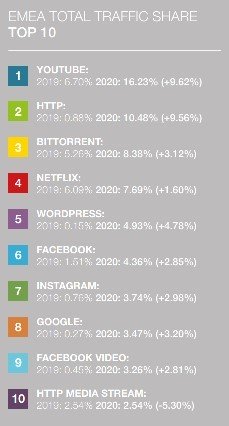 It increased from 5.26% in 2019, to 8.38% now. Again, that’s all relative, so in absolute terms, traffic has more than doubled.
It increased from 5.26% in 2019, to 8.38% now. Again, that’s all relative, so in absolute terms, traffic has more than doubled.
It’s worth noting, however, that Netflix and other streaming services have scaled down their resolution during the pandemic. This means that they would have grown more otherwise.
While torrent traffic is clearly a winner in the EMEA region, the same can’t be said for the Americas and the Asia-Pacific region. In the Americas, torrent traffic is miles behind Netflix, not even listed in the top 10.
In the Asia-Pacific region, torrent traffic lost a lot of its share, plunging from 7.58% in 2019 to 4.47% now. YouTube is the lead there after more than doubling its traffic share to 18.30%.
The overall conclusion from the report is that consumption patterns on the Internet have shifted radically. Video streaming, in particular through YouTube, has a dominating traffic share. BitTorrent traffic, on the other hand, has grown in some regions and dropped in others.
—
A copy of the full the Global Internet Phenomena Report COVID-19 Spotlight is available at the Sandvine website
From: TF, for the latest news on copyright battles, torrent sites and more. We also help you to find the best anonymous VPN.


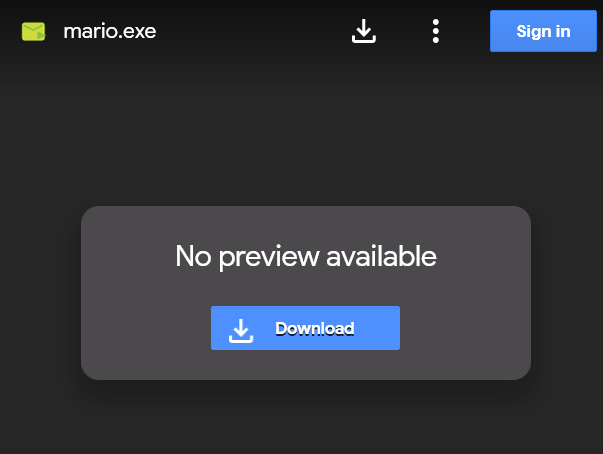
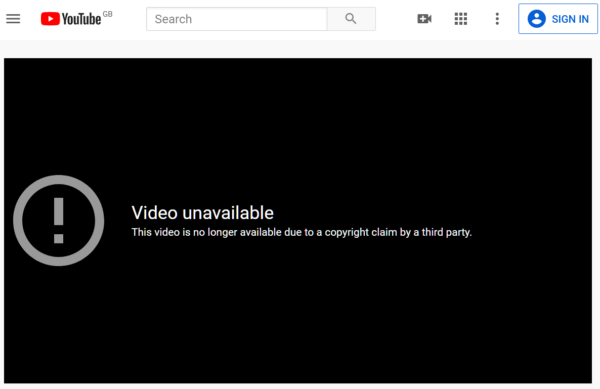
 To help hundreds of millions of people find what they search for, Google has implemented some nifty features over the years.
To help hundreds of millions of people find what they search for, Google has implemented some nifty features over the years. 